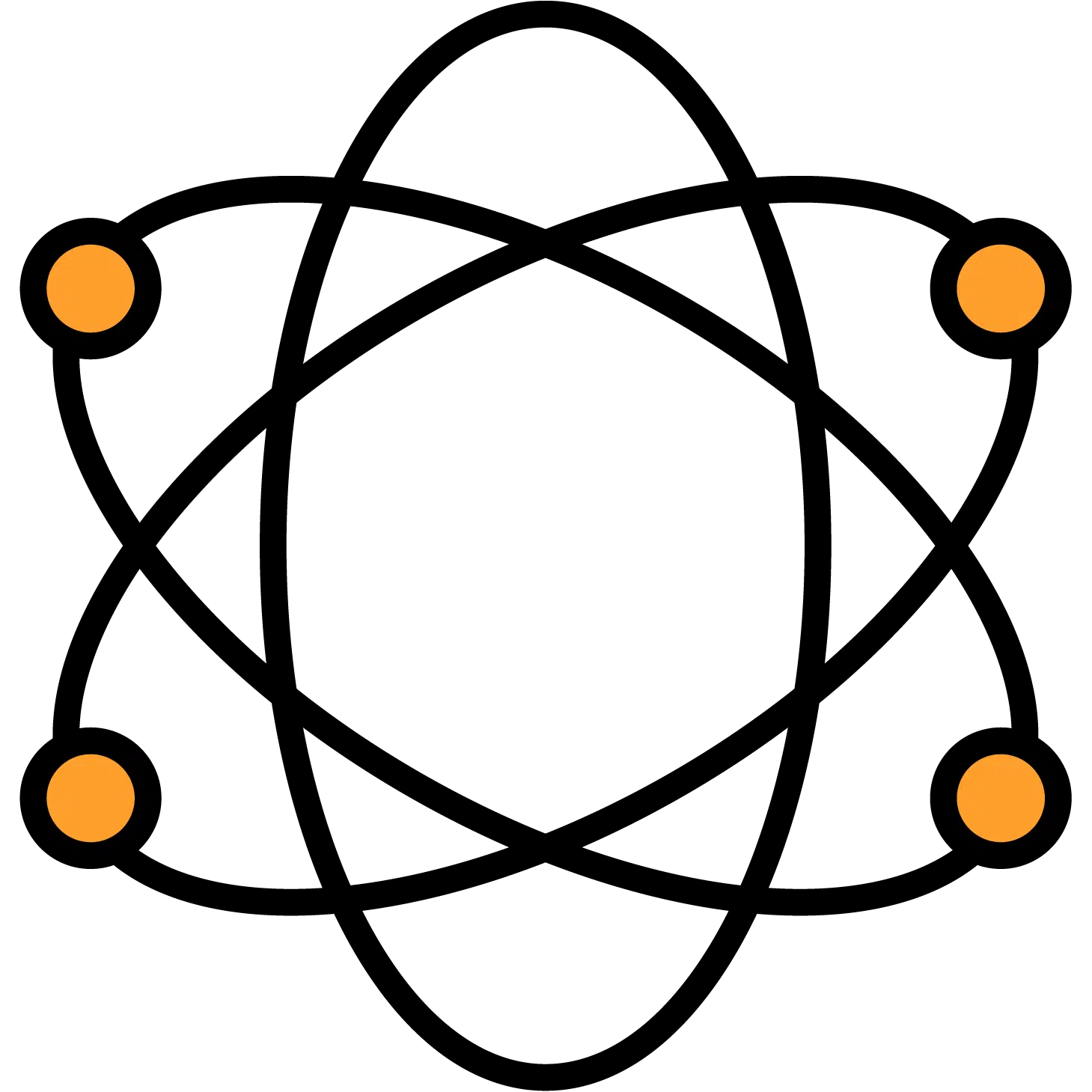Leveraging DISC Assessments to Improve Workplace Culture
The DISC assessment is a powerful tool for understanding personality styles and improving workplace culture. This learning material aims to help you understand how to effectively use DISC assessments in your company to create a more positive and productive work environment.
What is DISC?
DISC is a personality assessment tool that measures an individual's preferences and tendencies across four primary dimensions: Dominance, Influence, Steadiness, and Conscientiousness.
It was developed by psychologist William Marston and has been widely used by organizations to better understand their employees' unique strengths, communication styles, and motivations.
By utilizing the insights provided by DISC, companies can create more effective teams, improve communication, and foster a more inclusive and supportive workplace culture.
The Four DISC Styles
-
Dominance
Represents individuals who are direct, assertive, and results-oriented.
-
Influence
Describes those who are enthusiastic, sociable, and persuasive.
-
Steadiness
Represents people who are patient, supportive, and consistent.
-
Conscientiousness
Describes those who are analytical, detail-oriented, and systematic.

Benefits of Using
DISC in the Workplace
Implementing DISC in the workplace offers numerous benefits, including improved communication, better team collaboration, and enhanced employee engagement. By understanding the unique personality styles of employees, managers can adapt their leadership styles to better suit their team members, leading to increased motivation and productivity. Additionally, DISC can help organizations create more inclusive work environments by fostering appreciation and respect for diverse personality styles, thereby reducing conflicts and misunderstandings.
How to Conduct DISC Assessments
To conduct DISC assessments, organizations can partner with a certified DISC provider or consultant who will administer the assessment to employees. The assessment consists of a series of questions designed to measure an individual's preferences and tendencies across the four DISC dimensions.
Once employees complete the assessment, the provider will generate a comprehensive report outlining each individual's primary DISC style, strengths, and areas for development.


Analyzing DISC Assessment Results
After receiving the DISC assessment results, it is important for managers and HR professionals to carefully analyze the data to identify patterns and trends within the organization.
This process may involve examining the distribution of DISC styles across different teams or departments, identifying potential areas of conflict or miscommunication, and pinpointing opportunities for professional development and coaching. The insights gained from this analysis can then be used to inform strategic decisions and initiatives aimed at improving workplace culture.
Sharing DISC Results with Employees
Transparency is key when it comes to sharing DISC results with employees. It is important to communicate the purpose and benefits of the assessment, as well as provide employees with access to their individual reports. This can be done through one-on-one meetings, group workshops, or online platforms, depending on the organization's preferences.
Sharing DISC results with employees helps to foster a culture of self-awareness and promotes open dialogue around individual strengths and areas for growth.


Enhancing Team Collaboration Through DISC
Effective team collaboration is crucial to the success of any organization, and DISC assessments can help enhance collaboration by providing insights into the diverse strengths and working styles of team members. By understanding the unique DISC profiles of each team member, leaders can strategically assign roles and responsibilities that best align with individuals' strengths, thereby increasing overall team productivity and satisfaction.
Additionally, this understanding can help team members appreciate each other's unique contributions, fostering a more inclusive and supportive work environment.
Building High-Performing Teams Based on DISC Profiles
One of the keys to building high-performing teams is leveraging the unique strengths and abilities of each team member.
DISC assessments can help managers and team leaders identify the ideal mix of personality styles needed for a balanced and effective team. By understanding the strengths and weaknesses associated with each DISC profile, leaders can create teams that have a diverse range of skills, promoting innovation and maximizing productivity.
Leveraging DISC to Delegate Tasks Effectively
Effective delegation is crucial for both team performance and employee satisfaction. DISC assessments can help managers identify the most suitable tasks for each team member based on their unique strengths and preferences.
For example, a team member with a high Conscientiousness profile may excel at tasks that require attention to detail and precision, while someone with a high Influence profile may be better suited for tasks involving communication and relationship-building. By delegating tasks effectively, managers can improve overall team performance and ensure that employees feel valued and engaged in their work.
Using DISC for Professional Development and Coaching
DISC assessments can serve as a valuable resource for professional development and coaching initiatives within an organization. By understanding employees' unique DISC profiles, managers and HR professionals can identify areas for growth and development, as well as provide targeted coaching and training opportunities.
This personalized approach to professional development helps to ensure that employees feel supported in their career growth and can lead to increased job satisfaction and retention.

-
Encouraging Appreciation and Respect for Different DISC Styles
Creating an inclusive workplace culture begins with fostering appreciation and respect for the diverse personality styles that exist within an organization. By providing employees with the knowledge and tools to understand the unique DISC profiles of their colleagues, organizations can promote empathy, reduce biases, and create a more supportive work environment where everyone feels valued and included.
-
Fostering Psychological Safety Through DISC Understanding
Psychological safety is the belief that one can take risks, share ideas, and express concerns without fear of negative consequences. By promoting DISC awareness and understanding within an organization, employees can develop greater empathy and respect for their colleagues' unique perspectives and communication styles. This, in turn, can help create a more psychologically safe work environment where employees feel comfortable sharing their thoughts, ideas, and concerns, ultimately leading to higher levels of innovation and collaboration.
-
Implementing DISC-Based Employee Recognition Programs
Employee recognition programs play a critical role in fostering a positive workplace culture, and incorporating DISC insights into these programs can help ensure that recognition is tailored to each individual's unique preferences and motivations. For example, a recognition program that highlights an individual's specific DISC-related strengths and contributions can be more meaningful and impactful than a generic recognition program. By implementing DISC-based recognition programs, organizations can create more personalized and effective ways to celebrate employee achievements and reinforce the value of diversity within the workplace.





